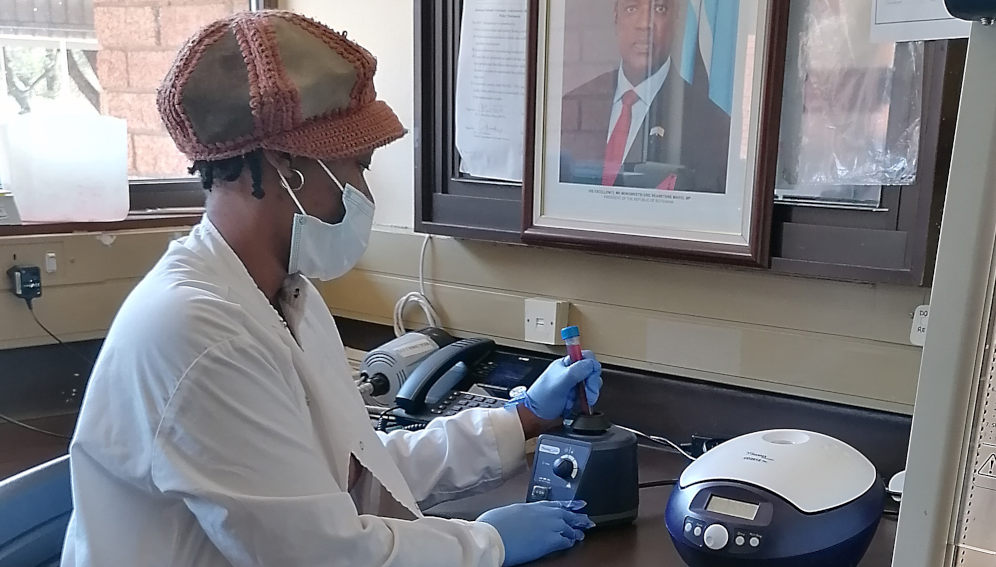A new research fund in Botswana positions the country to partner more actively with others on science research projects. Strengthening science systems in Botswana The Science Granting Councils Initiative (SGCI)…
A new research fund in Botswana positions the country to partner more actively with others on science research projects.
- Botswana’s new national research fund will drive scientific progress
- The Science Granting Council Initiative plays a pivotal role
- Increased funding is set to transform health, education, and security
Strengthening science systems in Botswana
The Science Granting Councils Initiative (SGCI) is partnering with Botswana to strengthen its science systems. Done by supporting the establishment of the Botswana National Research Fund (BNRF).
The BNRF will lead the development of Botswana’s national research strategy, fostering partnerships between government and the private sector and enabling collaboration with other Sub-Saharan African countries.
Lesego Thamae, deputy permanent secretary of the Botswana Ministry of Communications, Knowledge and Technology, says the BNRF is expected to significantly increase research funding.
“The Botswana National Research Fund is still in the process of being established,” said Thamae, adding that it would likely be up and running before the end of the next financial year, in April 2025.
“The positive effects of increased science, technology and innovation funding will extend beyond immediate gains.”
Bolarinwa Kemisola, president, Women in ICT Foundation, Nigeria
“It is highly anticipated that funding will increase exponentially once the BNRF is established and fully operational,” Thamae stated.
Working alongside the government
Beyond financial support, SGCI provides strategic assistance by training government personnel in areas such as research management, ethics, and intellectual property. For example, SGCI facilitated the training of Botswana staff at the South African Research and Innovation Management Association, Thamae said.
“The government of Botswana has learnt a lot in the areas of research management, ethics, and integrity, intellectual property management, programme evaluation, monitoring and evaluation, database management and grants management,” he added.
Thamae believes that Botswana now has the skills needed to manage collaborations and intercountry projects because of its SGCI membership.

“Initially, where Botswana had to partner with other Science Granting Councils for bilateral collaborative projects, the ministry relied on the engagement of other agencies for the administration of such projects on its behalf,” he explained.
“This was due to a lack of requisite structures and instruments to function adequately as a granting council.”
Thamae said the SGCI has enabled Botswana to collaborate successfully with 12 other countries on research projects and provided valuable learning that will benefit the BNRF after its establishment.
The role of research funds
SGCI empowers science granting councils in Sub-Saharan Africa to support research and development. It fosters collaboration between the councils and funds and supports scientific research and innovation
Bolarinwa Kemisola, president of the Women in ICT Foundation, Nigeria, says the establishment of the Botswana National Research Fund is a commendable step toward fostering progress and collaboration in Sub-Saharan Africa.
She believes the fund will enable transformative progress across healthcare, transportation, security, and education.
“The positive effects of increased science, technology and innovation funding will extend beyond immediate gains,” Kemisola said.
“It will propel the nation towards alignment with advanced counterparts on the global stage.”
According to Kemisola, the Botswana fund will elevate the country’s standing in the international community. It also encourages collaboration, knowledge exchange, and innovation, ensuring it remains at the forefront of progress.
Written by Josfyn Uba
Themes
The SGCI aims to strengthen the capacities of these SGCs to support research and evidence-based policies that will contribute to economic and social development.

